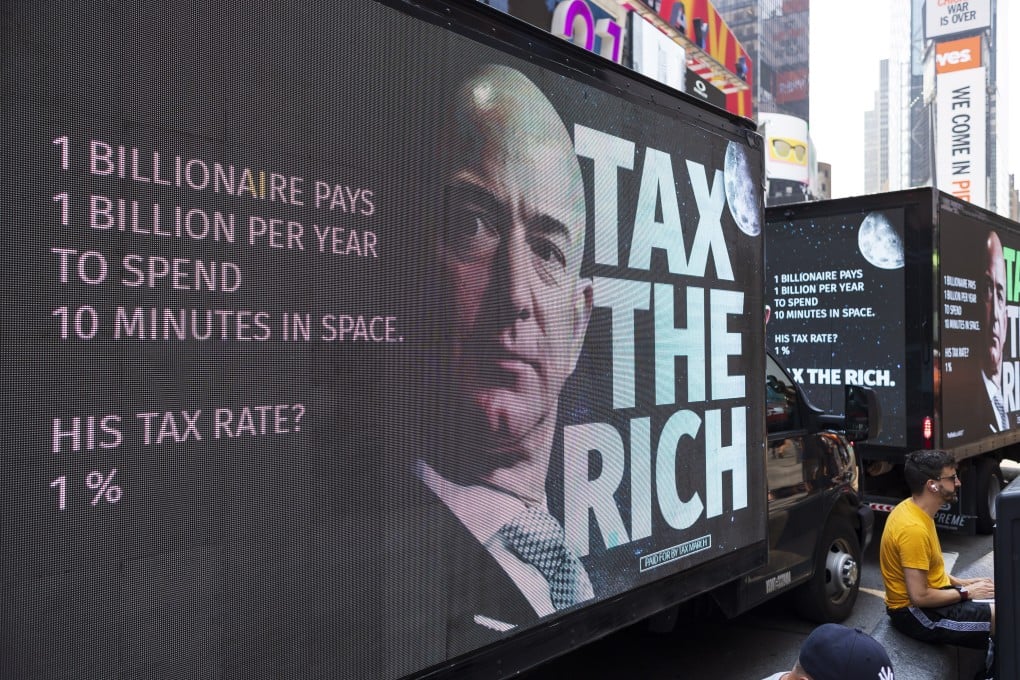Advertisement
Opinion | Bretton Woods should heed the cries for fair play or go
The Global South is right to demand change of a global financial system that is neither ecologically nor financially sustainable
Reading Time:3 minutes
Why you can trust SCMP
1

In July 1944, delegates from 44 countries gathered in a UN-sponsored conference in Bretton Woods, New Hampshire to decide on a post-World War II monetary and financial order. In the closing speech of the gathering, then US Treasury secretary Henry Morgenthau concluded that the conference had succeeded in addressing the twin “economic evils – the competitive currency devaluation and destructive impediments to trade” that led to the war.
Advertisement
To prevent competitive devaluation, the Bretton Woods conference established the fixed but adjustable exchange rate system, which was based on the US dollar linked to gold and capital controls, securing funding from a newly created World Bank and the International Monetary Fund (IMF). The global free trade mechanism was negotiated first through the General Agreement on Tariffs and Trade, which decades later became the World Trade Organization.
The Bretton Woods negotiations were led by the US chief delegate Harry Dexter White and the eminent British economist John Maynard Keynes. Keynes argued unsuccessfully for the creation of an new international currency called the bancor, whereas the United States preferred to use its own currency.
In 1944, the US had the largest share of world GDP and was a major creditor to economies suffering from the destruction of war. It is no surprise that the Bretton Woods order was largely US-led and designed.
This Bretton Woods structure lasted until 1971, when rising US fiscal and trade deficits led US President Richard Nixon to delink the US dollar from gold at the fixed price of US$35 to one ounce of gold. After flexible exchange rates became the global norm, the US continued to be financed by the rest of the world because of the hegemonic position of the US dollar. It was protected by the might of the US military and its status as the strongest economy, including being the consumer of last resort.
Advertisement
Eighty years later, the US share of world GDP has been pared down to 26 per cent by current exchange rates but the US dollar remains as mighty as ever.

Advertisement
